September you’re almost done, but before you go you grace us with the highest profile NZ rally event of the decade, hands down!
WRC is locked and loaded for Sept 29 – Oct 2 around the greater Auckland region, bringing the roaring pace of Kalle ROVANPERÄ, Ott TÄNAK and Sébastien OGIER to name a few international favourites.
This sold out event kicks off on Thurs 29th Sept with a free to spectate Auckland Domain stage, Fridays stages south in Te Akau and the iconic Whaanga Coast. Saturday stages north of Auckland in Kaipara Hills, Komokoriki Hill and Puhoi and Sunday in Whitford Forest concluding at the Jacks Ridge power stage.
We’re flying the flag for Hayden Paddon and fellow kiwi rally rock stars as they prepare to attack stages that are engrained into our kiwi rally motorsport, in what will be the battle for number one.
Go strong Ben Hunt, we want to see you fly!
Good luck PCC members who are competing, assisting, volunteering, and right in there in amongst this monster event.
#becauseracecar
Presidents AGM Recap

Welcome to the 60th AGM of the PCC. Yes 60 years!
So first up is keep this date free, Saturday 26th November, 10am kick-off, bring a car, your car, a show and shine type day, Rally Car, Race Car, whatever car you want, meet, greet and be part of the past, present and future. An all-day BBQ and motorkhana next to our clubrooms. Open to the public, so if you know someone that wants to come and have a go, bring them along, wanted also are some people to make this day happen.
Over the past twelve months we’re been lucky to run our main events (with the lurgy still lurking). Speed Weekend was a success, special thanks to the Sunset Farms for the use of their facilities to make the Saturday a success (also to Fiona, Anthony and Terry who made it work for us and are now new members of the club, welcome). Also special thanks to Paul Mahoney (manager Limestone Downs) to allow us the facilities there to make it also a great day and top off a fine weekend.
We are back there on 12th/13th Nov this year and as like last year need all the help we can get, in particular marshals, so if you can help put your hand up or know of someone that can, its a great venue and we are very lucky to have it.
Our round of the Rally Sprint also was well contested at Bothwell loop, its planned again for 19th March next year and planning is underway with a possible change in its direction, again help is needed to run it so a call out for marshals now to make it happen.
We were a bit light on motorkhanas this year mainly because those that organise them have been somewhat preoccupied. So if you want to see some more of them step up to the plate and if you have or know of any venues that maybe available, let us know.
Last but not least I would like to thank the committee for all their input and help in what are for ever changing times in organising, and running your club events, also all the marshals and volunteers that helped us to run things smoothly.
If you want to be part of a great club and committee, join us.
Final Note, well done to those that went and competed in your chosen events over the last twelve months and waving the PCC flag. See ya out there..
Noel Miller
Vice Presidents Words
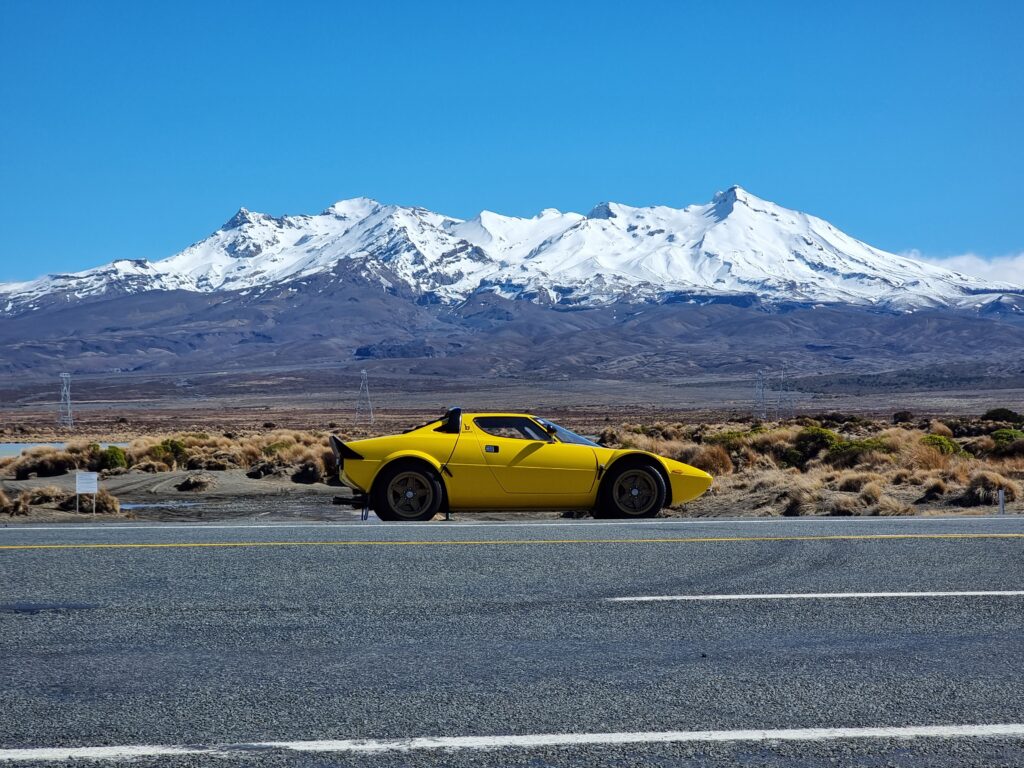
Thanks to all that came along to the AGM it was good to see so many of you come along and some robust discussions were had.
I’d really like to thank Graham Browne for putting up his hand to help us promote events and the club. We are already seeing his awesome work on Facebook promoting the 60th anniversary. This is really helping, enabling me to concentrate on the organising of next years events so thanks heaps Graham!!
Of note nothing much changed at the AGM committee wise with Noel being re-elected President and all other positions staying the same, but we did welcome new club members Fiona and son Anthony to the committee. Not only did Fiona supply the awesome home baking at the AGM, but she’s already been making a huge dent in getting residents approvals for Speed Weekend – a huge help for us!
So moving forward we have a busy couple of weekends coming up in November. Speed weekend on the 12th & 13th of November and then the 60th Anniversary celebrations on the 26th.
As you know we have slotted speed weekend back into it’s normal calendar slot seen as it isn’t part of the hillclimb champs. Planning is well underway, we are just waiting for confirmation we have the road closures and regs approved, then it will be all guns blazing getting the word out there about these awesome roads. As always we will need help running these events. With Sunday’s event requiring a few extra as we have more marshal points. Please if you aren’t racing or you are but can bring along some extra helpers it would be much appreciated.
60th celebrations are well underway, please keep the 26th November free to come down and have a look, we are really hoping to have a few cars on show and maybe even having a go at the motorkhana course. I’m looking forward to putting the Stratos through her paces.
I hope you all have a great time if you are out and about on Rally NZ. Good luck to all our club members competing, be it driving or co-driving, or just being general dogs bodies for those competing. I know some of you will have an awesome time in your helicopters, while others are busy helping run the event or just spectating. I’ve been fortunate enough to get a gig helping Toyota Gazoo Racing on their weather team. Going to be damn early starts but will be a great experience seeing what goes on behind the scenes in a WRC team.
So with clubnight being right after the event it would be awesome if you’d come along and share your stories, pictures etc with everyone.
So until then stay safe and most importantly have fun out there.
Cheers
Suzie
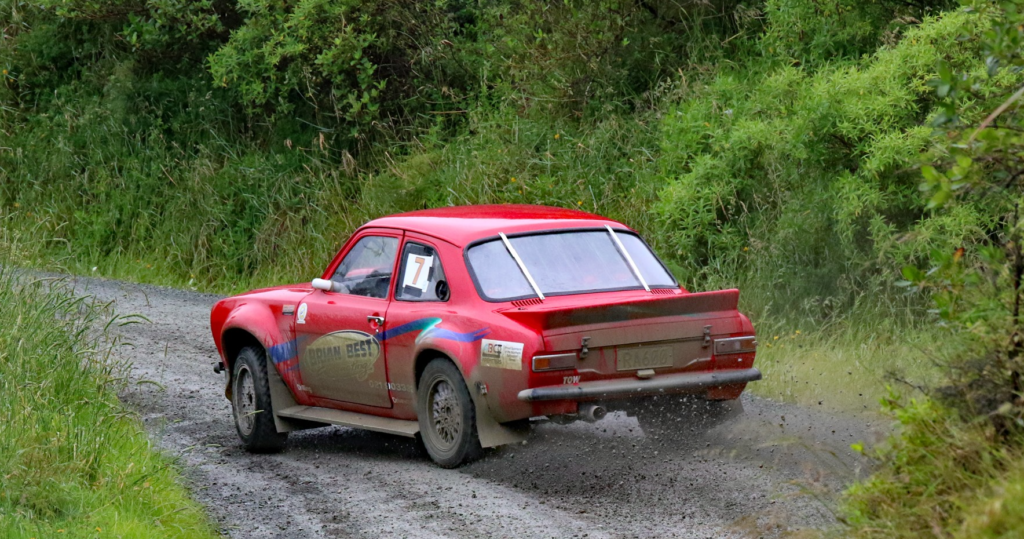
Speed Weekend
12th & 13th November 2022
Come and join us once again out at Port Waikato for our annual speed weekend.
Saturday — 3.4km Tarmac Sunday — 4.2km Gravel
Entries and Regs out soon!
Any queries please contact Suzanne Tickle 027 9519700
PCC 60th Anniversary
10am – 5pm
Saturday 26th November 2022
We have a great line up underway for the club’s 60th anniversary.
Show & Shine
Motorkhana
BBQ & refreshments
60th Cake cutting
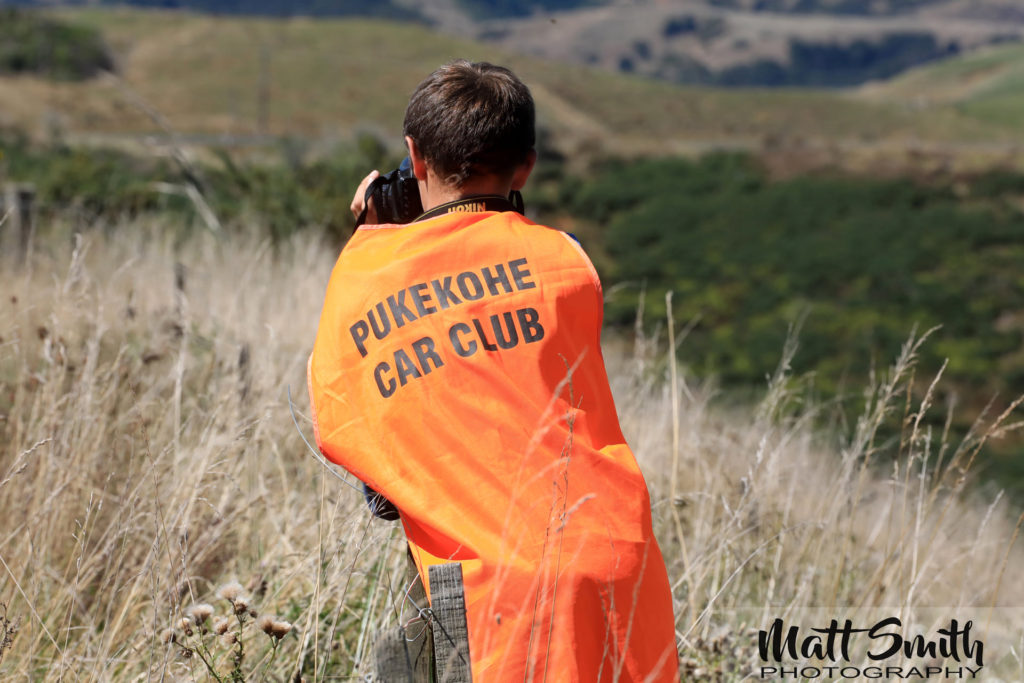
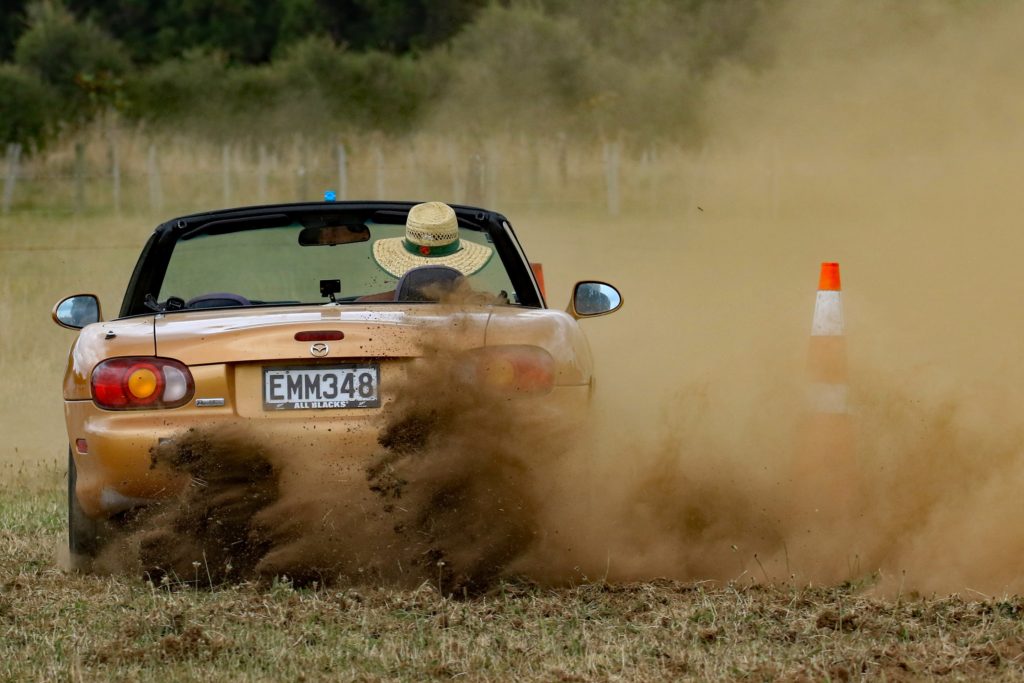
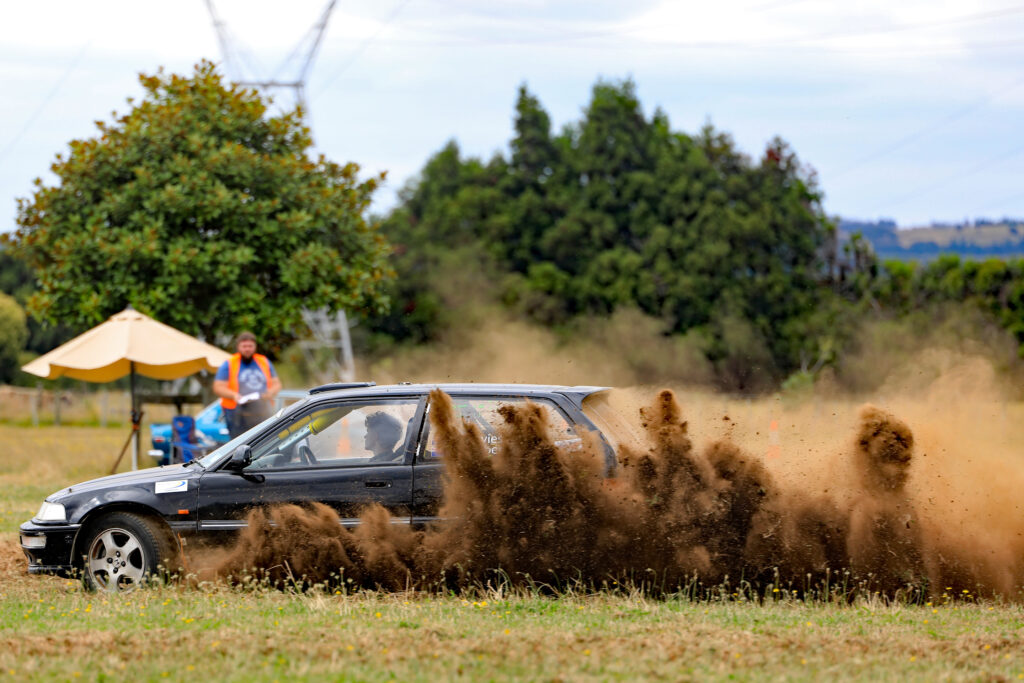
Bring your cars down, park them up, maybe take them for a spin on the motorkhana course.
There’ll be an awesome line up of local cars, drivers primed for a chat and the scene set for people to come down and enjoy a family friendly day at the clubrooms.
Come and enjoy it with us!!
The Aitkenhead family were fundamental in helping the club establishing itself by means of providing a dedicated a grass track on their farm land off Ridge Road. This meant the club could run popular events and grow. Thanks Brent for sharing this great “grass roots” footage. Maybe a few of our members can spot their parents car in here?
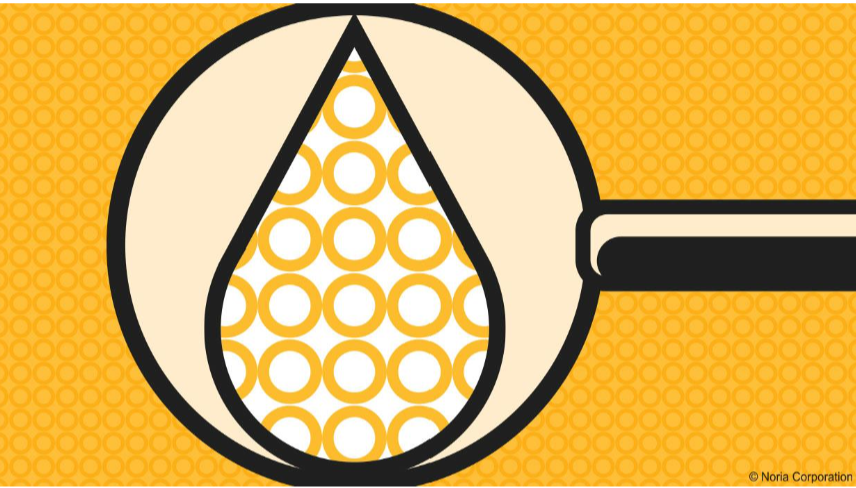
Synthetic Oil: What Consumers
Need to Know
Synthetic oil is a lubricant made up of artificially made chemical compounds; these compounds are made by breaking down and then rebuilding petroleum molecules.
What Is Synthetic Oil?
Synthetic oil is a lubricant made up of artificially made chemical compounds; these compounds are made by breaking down and then rebuilding petroleum molecules. Under a microscope, a drop of synthetic oil shows millions of molecules all nearly the same size and structure. Conversely, mineral or conventional oil is made using refined crude oil. A drop of conventional oil under a microscope shows millions of
molecules all with different shapes, sizes and structures. Synthetic oil can be fully synthetic or a synthetic blend and be derived from multiple base types.
Synthetic vs. Conventional Oil
Most vehicles are capable of using either synthetic or conventional mineral oil that meet the American
Petroleum Institute’s (API) and International Lubricant Standardization and Advisory Committee (ILSAC)
specifications. However, synthetic oils are often marketed as having superior performance when
compared with conventional oil. This superior performance may only relate to certain properties but not
others. It is possible that some formulations of conventional mineral oils may exhibit superior performance
on certain properties.
There have been numerous studies over the years comparing synthetic oil to conventional mineral oil.
Most notably the American Automobile Association (AAA) used certified labs using American Society for
Testing and Materials (ASTM) standardized test methods to examine differences in engine oils marketed
as conventional versus those marketed as full synthetic.
Among other things, AAA found that, on average, synthetic oils outperformed conventional oils by 47
percent in the conducted tests. The selected tests evaluated several important physical, chemical and
performance properties including shear stability, deposit formation, volatility, cold-temperature
pumpability, oxidation resistance, and oxidation-induced rheological (viscosity) changes.
Synthetic oil is quickly becoming the new normal, with nearly 70 percent of new cars in the 2019 model
year getting either fully synthetic or a synthetic blend oil, according to Consumer Reports. Even as the
number of new cars requiring synthetics continues to increase, it remains important for consumers to
follow manufacturer recommendations for their vehicle when it comes to changing their oil. “Semi- or full-
synthetic oils are required for most newer cars, but it is vital that the automaker’s recommendations be
followed, or accelerated engine wear and other problems could result,” Michael Calkins, Technical
Services Manager for AAA tells Machinery Lubrication.
The advancement of synthetic oil has put the microscope on conventional oil. Even though conventional
oil lubricates your car’s engine adequately in most cases, there are some possible disadvantages to using
it. These disadvantages may or may not be realized or noticed depending on various factors like marginal
fluidity at extremely low temperatures, thermal and oxidative stability (prolonged chemical stability at high
temperatures) and viscosity protection (against wear and friction) at high engine loads and temperatures.

Advantages and Disadvantages of Synthetic Oil
So, what are the advantages of switching to a synthetic as opposed to a conventional motor oil? When
looking at the pros and cons, synthetic lubricants can offer meaningful advantages. The following are
some of the most significant advantages synthetics (PAOs) generally have over conventional engine oils.
Note, the list below assumes that the additive package would be similar between the two options which is
rarely the case. Most synthetic lubricant formulations for automobiles would have a superior additive
package making the comparison more complex. In other words, is the superior performance the result of
the synthetic base oil or is it due to the superior additive(s) or a little of both?
When exposed to certain conditions, conventional mineral oils are usually more prone to chemical
degradation (oxidation) compared to synthetics. These harmful conditions include combustion
byproducts, fuel contamination, water contamination, metal particles, acids, pro-oxidants and
extreme heat (e.g., from combustion). Exposure to these conditions commonly occur in engines.
Oil degradation can cause sludge, varnish or deposits, corrosion, viscosity change and impaired
engine performance.
Synthetics have a naturally higher viscosity index. This means the viscosity changes less (more
stable) as temperature changes during normal engine startup and operating conditions. Viscosity is
an important property of lubricants that produces the film thickness or clearance between metal
surfaces that slide or rotate against each other. Without this film thickness, excessive friction and
wear would occur.
At extremely low temperatures, it is more possible for mineral oils(compared to synthetics) to
become so thick (high viscosity) that the oil is unpumpable or is unable to circulate effectively
within the engine. Lack of oil circulation can cause lubricant starvation conditions and engine
failure.
Synthetic engine oils are generally less volatile than mineral oils. This means there is less loss of
the oil to the engine’s exhaust stream causing atmospheric pollution. This could also mean less
need for makeup oil between oil changes.
Possibly the biggest advantage and the reason synthetic oil is so popular, is that it has a longer
lifespan than conventional oil. The recommended change interval for synthetic oil is around every
5,000 to 7,000 miles, with some brands touting a much longer interval (15,000 to 25,000). The
biggest reason for the longer oil change interval is described in the first bullet above. Regardless of
the kind of oil you use, it is still recommended to change your oil at regular intervals recommended
by your manufacturer.
A few disadvantages of synthetic oil to be aware of include:
Probably the most glaring downside of synthetic oil is the cost. The price of synthetic oil is around
two to four times the price of conventional oil.
Synthetics may be more prone to additives precipitation during cold storage conditions. This
stratifies certain additives which can potentially lead to their complete separation from the oil.
Multi-grade motor oils using synthetics may exhibit slightly less fuel economy at highway speeds
compared to mineral oil. This is due to the fact that mineral oils require more viscosity index
improvers (an additive) than synthetics. This additive contributes to reduced viscosity friction by a
mechanism known as shear-induced temporary viscosity thinning.
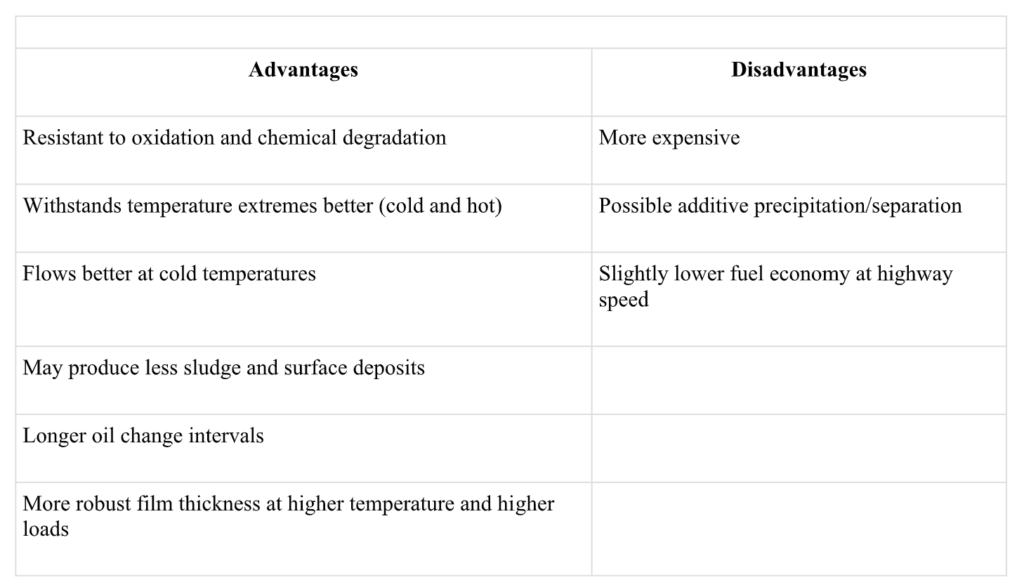
When Synthetics Always Makes Sense
As mentioned, extreme conditions and worst-case scenarios demand the use of synthetics. Because they
are so expensive, if you use them, insist on getting value and performance in return. Below are the
passenger car applications that are ideally suited for synthetics motor oils:
High-performance engines. There are many examples of high-end sports cars and even SUVs
where the investment is high, as is the expectation of engine performance and reliability.
High-performance driving. If you are involved in motor sports, then you will pay a premium for a
competitive edge – power, endurance and engine reliability.
Luxury car engines. Some luxury sedans are so expensive, it would clash with common sense to
use anything other than a synthetic.
Extreme cold starts. Certain synthetics can handle cold starts with no cranking or oil pressure
problems at temperatures as low as -40°C (-40°F).
Extended drains. If you’ve done the math (cost/benefit analysis) and believe your car, driving
habits and climate conditions collectively are the perfect candidate for extended oil drains,
synthetics give you the best shot and a safety margin.
Towing and high loads. Slow speed, high load (e.g. towing), long hills, high-mileage engine, long
oil service-interval, and high ambient temperatures are the worst-case scenarios. It’s in these
cases that oil films get extremely thin and high wear rates can ensue. This can be offset using
premium synthetics with the best additive packages.
Long engine life. The vast majority of the driving public have never owned a car with more than
200,000 miles on the engine. Many of us are genuinely not compelled to share the experience. Yet
there is a large number of auto enthusiasts out there who try to get every last mile out of their car.
There are a few instances when the right decision on whether to use a synthetic motor oil is far more
unclear – or simply just a close call. In such cases, your only tactic is to use good judgment and carefully
consider all facts and circumstances. For instance, the jury is still out on the value, if any, that is gained in
fuel economy by using synthetic motor oils. As mentioned previously, the opposite may be true.

Check out our Events Calendar to see what’s coming up


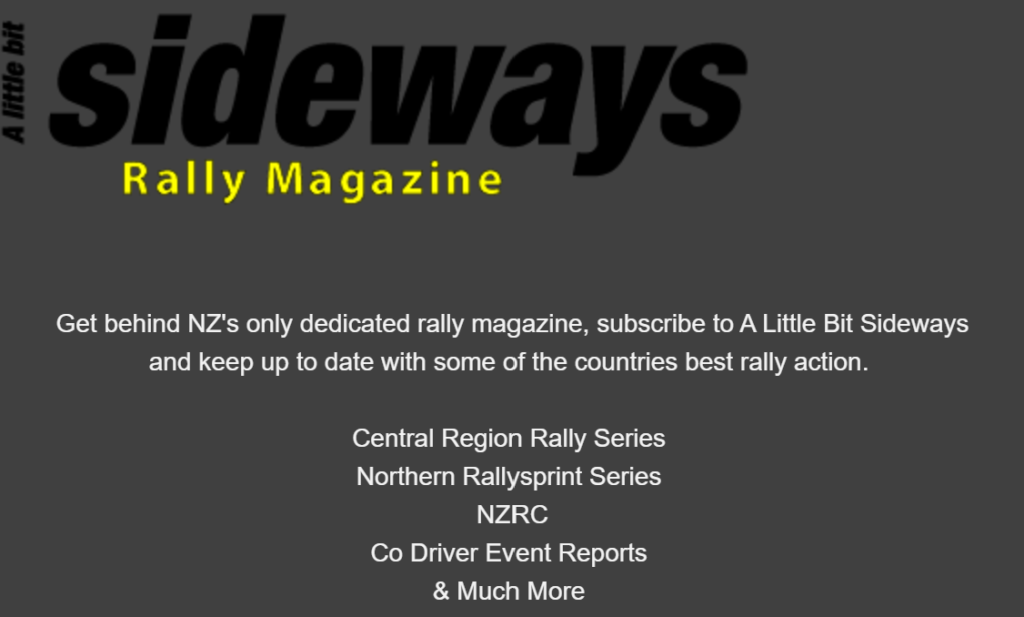
 Pukekohe Car Club
Pukekohe Car Club




